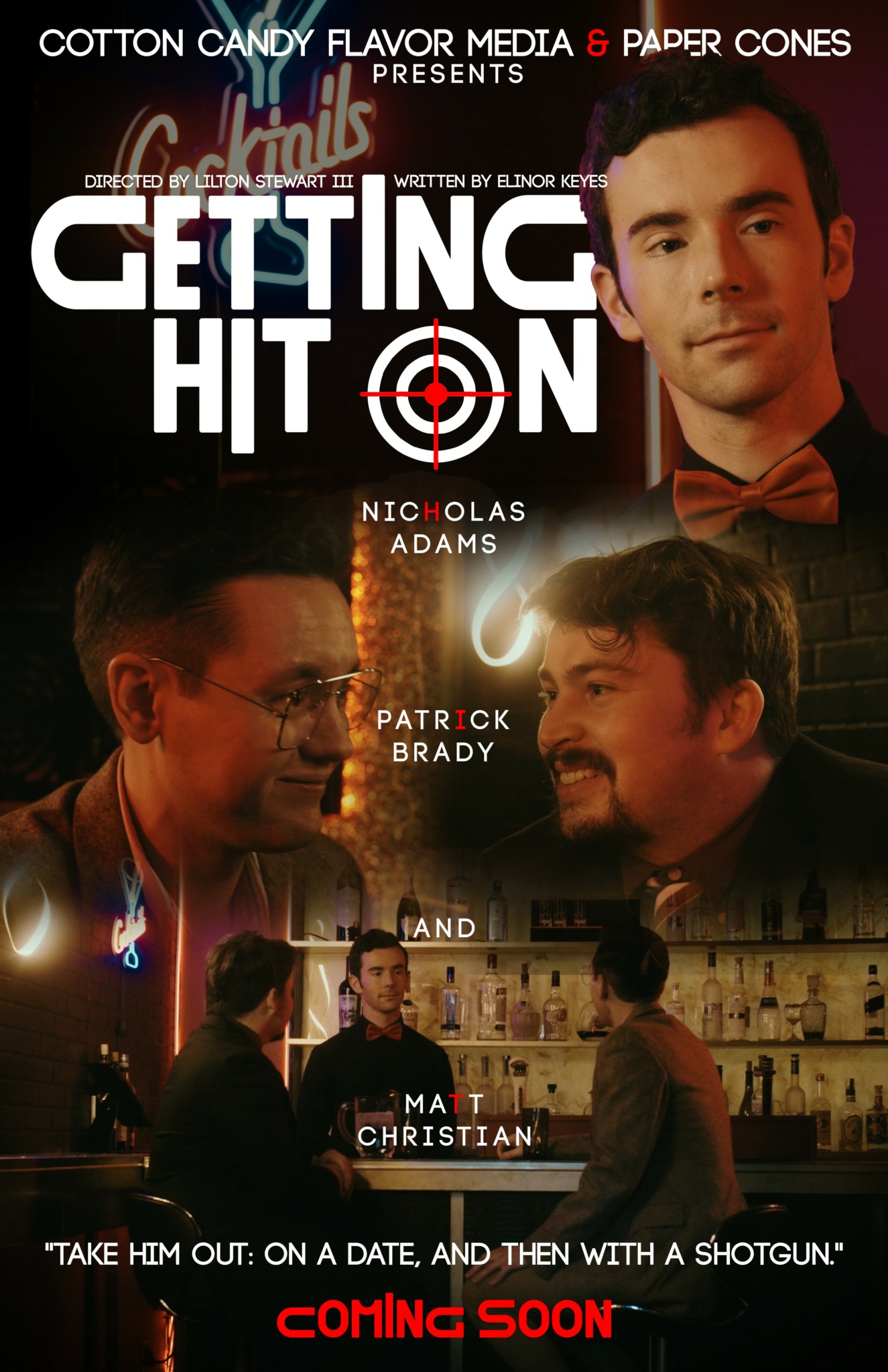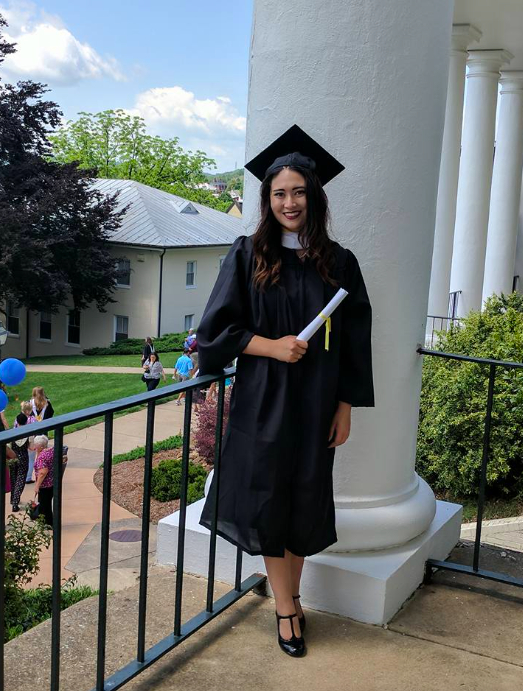We were lucky to catch up with Elinor Keyes recently and have shared our conversation below.
Hi Elinor, thanks for joining us today. Do you wish you had started sooner?
My career as a whole started much sooner than most people’s. I was accepted to college at the age of thirteen through Mary Baldwin College’s Program for the Exceptionally Gifted, and started studying full-time so I could earn my bachelor’s degree at the age of seventeen. This meant that a lot of my big decisions about the direction that I wanted my life to go in had to be made before I could legally apply for a learner’s permit, and those decisions had to be fully solidified before I could legally sign a lease. At the time, my one and only love was theatre. I had first gotten on stage through baby acting classes when I was four or five years old, and I had never really left. I declared my major in theatre during my first week of school, and didn’t waver from that path for four straight years. As an extremely young student in college with her whole life ahead of her, my choice to go into the arts was one that confused and frustrated a lot of the people around me. Based on the unpredictable nature of the industry, there’s this notion that creative fields are only for free-spirited, directionless individuals who aren’t especially dedicated to long-term success, and that those who can should pursue a more lucrative, commendable path like medicine, science, or law. I frequently got told that I was wasting my potential, that I was throwing away all my opportunities, and that I was simply “too smart to be an actor” (which is truly a ridiculous and misguided statement– I don’t even know what that’s supposed to mean). I was determined to show that my dedication could take me just as far in the arts as it could in the sciences, so I poured everything I had into doggedly pursuing acting. During my time in undergrad, I frequently spent twelve-hour days in the school arts building, taking classes, helping out in the theatre, and performing in every show that I possibly could (more than 20 productions by the time I graduated). I was going to be an actor, that was all I was going to be, and no one could ever tell me differently.
As it turned out, I wound up being a little bit more free-spirited and directionless than I had originally thought. Over the next few years, I explored various different avenues, trying to find one that would stick. The love for Shakespeare that I found in college led me to get accepted to a master’s program at Bath Spa University in Bath, England, where I earned my second degree in Performing Shakespeare at age nineteen. Classical theatre was fascinating and fun, but turned out to not be quite as fulfilling for me as I had hoped. Upon graduating from the program, I flew directly from Heathrow to LAX and settled in Los Angeles, where I started working to become a film actor. I went on lots of auditions and landed some great roles, but something still didn’t feel quite right. I realized that it wasn’t enough anymore to just be involved in the telling of a story– I wanted to be involved in the creation of the story as well. I started writing, producing, and directing my own work, eventually creating my own web series (Olympic Proportions) and short film (Getting Hit On), as well as many other scripts and other projects. This year, I’ve decided to integrate my love for visual art into my profession as well, and have started pursuing a permanent career in the animation field. It seems like it’s pretty common for people to start with a lot of different options and spend their teens/early twenties narrowing them down, but my career went more the other way. I started with a very small circle of focus, and have since been expanding that circle to include more and more of what I love.
Looking back, would I have changed anything about my experience? Maybe. On the one hand, there are things I’ve learned as an adult that I would love to have the opportunity to go back and tell my thirteen-year-old self. Things like, “this is a kind of educational freedom that you aren’t going to have for very long– use every second of it and don’t waste time.” Or, “you have much more talent in so many more areas than what you’re confining yourself to using, and pursuing those interests as well will only make you stronger”. Or “stop using your summer job wages to buy stuff on wish.com; you’ll want that money for rent someday and no one thinks your $5 high heels are cool.” On the other hand, my passion, ambition, and work ethic– the things that got me into college at thirteen in the first place– really haven’t changed in the last decade. They’re intrinsic facets of my personality that have always been important to me, and getting to start my career early only gave me the chance to discover and use those assets sooner. Ultimately, whether or not things could have gone differently is irrelevant: my unique background and choices got me to where I am now, and like always, I’m devoted to continuing to push forward.
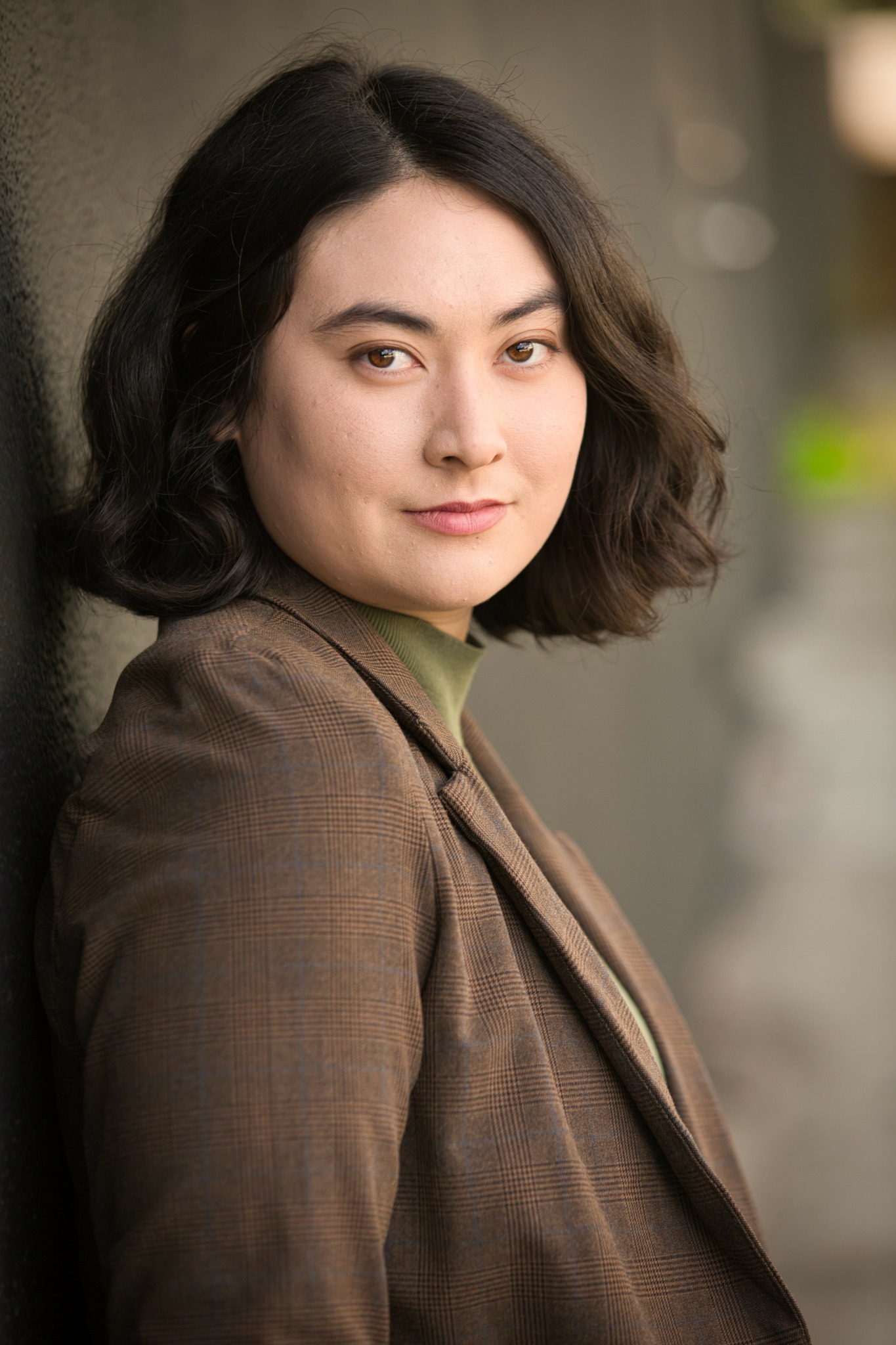
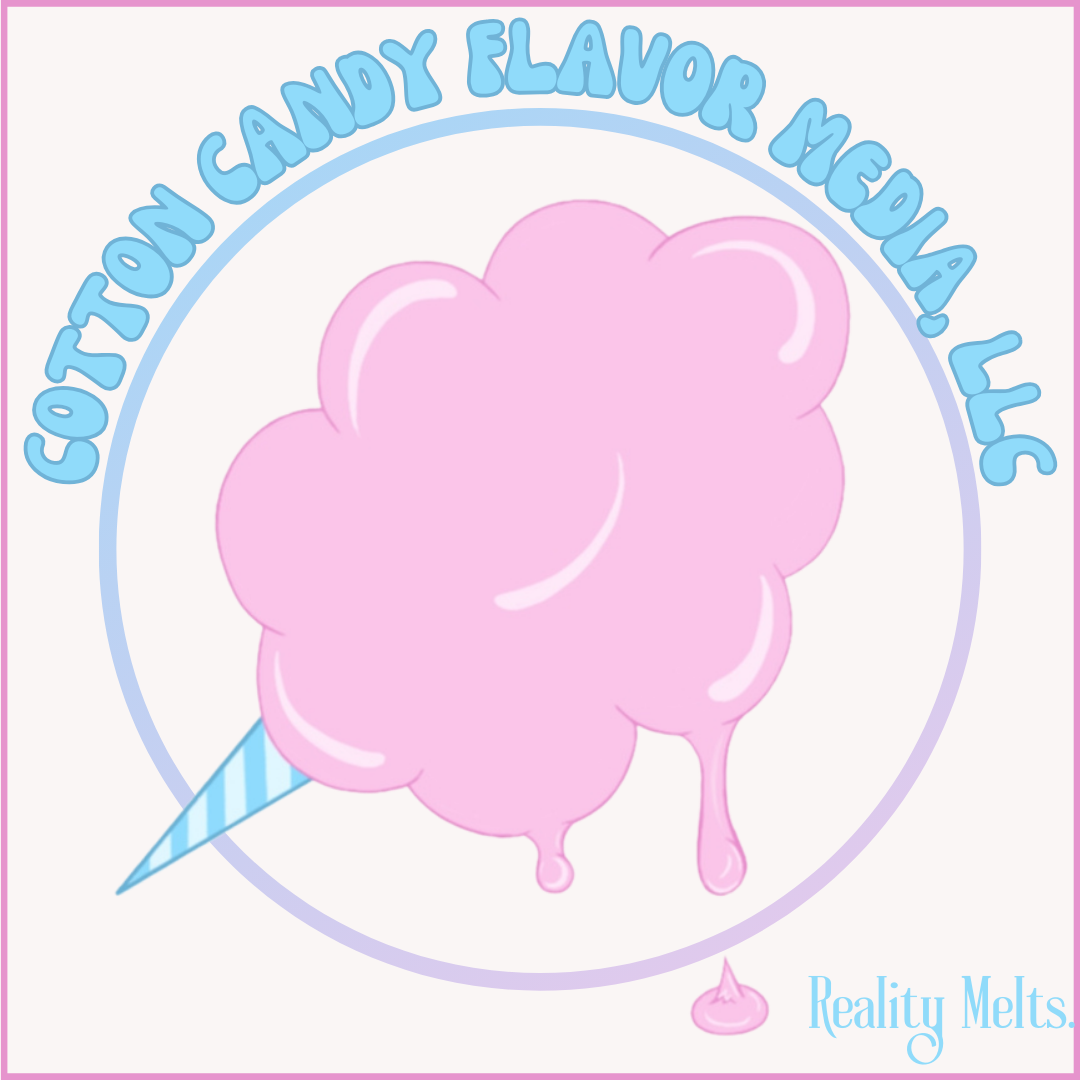
Elinor, love having you share your insights with us. Before we ask you more questions, maybe you can take a moment to introduce yourself to our readers who might have missed our earlier conversations?
The first production that I ever created on my own was my series, Olympic Proportions, which I wrote and produced in 2022 under the SAG-AFTRA New Media Agreement. The show was a goofy, irreverent mockumentary-style sitcom about the Greek gods. It was shot on an iPhone around L.A. over the course of a couple of extremely stressful months, and the video quality definitely leaves something to be desired, but it was the first thing I ever did that proved to me that I could create something by using several of my skills all at once. I wrote a seven-episode script, auditioned and cast around 20 actors (and played a role myself), and directed the shoots. I completed all the paperwork with SAG, created comprehensive shot lists and filming schedules, and ran a crowdfunding campaign to raise money. I made props, I edited it, I made music for it, I marketed it, and I did pretty much everything else that needed to be done. For the record, this was out of necessity due to the fact that I didn’t have basically any resources at my disposal, and it’s generally a terrible idea to do this if you don’t absolutely have to (let me emphasize: a couple of EXTREMELY stressful months). However, just being able to streamline an entire project and see it through from beginning to end showed me that it was possible, and being involved in so many aspects of production was fulfilling in a way that nothing had ever been for me before. In preparation for the release of Olympic Proportions, I founded my production company, Cotton Candy Flavor Media, LLC., and I have kept it up and running ever since. Managing the company has given me the chance to continue using my different interests to my advantage, and to learn some important lessons about business on the fly. I made a website, designed the company logos, and have been doing my best to get Cotton Candy Flavor’s name and reputation out there.
The second Cotton Candy Flavor Media production was my original short film, Getting Hit On– a seventeen-minute-long comedy about a hit man who takes a guy out on a date in order to kill him, but ends up falling for him instead. I wrote and produced the piece last year, and released it to the public this past June. The film won a total of 25 awards during its time on the festival circuit and was screened multiple times, including its premiere through the Golden State Film Festival at the acclaimed TCL Chinese Theatres. Right now, I’m getting ready to dive into my next project– a short film I wrote entitled Get Yeast To It– which will serve as my first official animated production. Get Yeast To It is a bizarre and humorously off-putting work of adult animation in the vein of Rick and Morty. The premise is that when humans die, they’re sent to a version of the afterlife where their lives are judged by a sentient cell of yeast that will sentence them to eternity based on whether or not they ate bread. I have a truly fantastic team of artists and animators working on this production, and I am so excited to start putting everything together. I’m also working on preparing the show bible for an animated series that I’m writing– I don’t want to say too much about it yet, but my hope is to produce and eventually sell it.
I have a very weird and twisted sense of humor that I like to bring out in my work, and dark comedy tends to be my genre of choice. My favorite shows and films are the ones that balance silliness with purpose: the ones that can effectively pad a scathing social commentary in layers and layers of the stupidest puns that an actor has ever been forced to say. In terms of my actual working style, the more I can do, the better. I’m the kind of person who will fully commit to any project I’m working on to the point of unyielding obsession, which is both a blessing and a curse. Truthfully, the people who encouraged me to go into the sciences weren’t entirely wrong– I have very strong analytical instincts that I really love using, and getting to organize information and strategize in order to maximize efficiency makes me happy in a way that I don’t think it does for a lot of people in the arts. I used to think that this meant that I was just in the wrong field, but I’ve come to realize that it can actually be a skill that I use to my advantage. This ability to turn on both the creative and logical sides of my brain and exercise them at my will is part of what makes me stand out as an artist. I can take comprehensive notes, keep track of complex plans and schedules, and send a professional email that could bring a businessman to his knees, but I also have a very “throw spaghetti at the wall and see what sticks” kind of attitude that allows me to create a lot of cool and unique stuff. Give me a task, point me in a direction, and I’ll deliver.
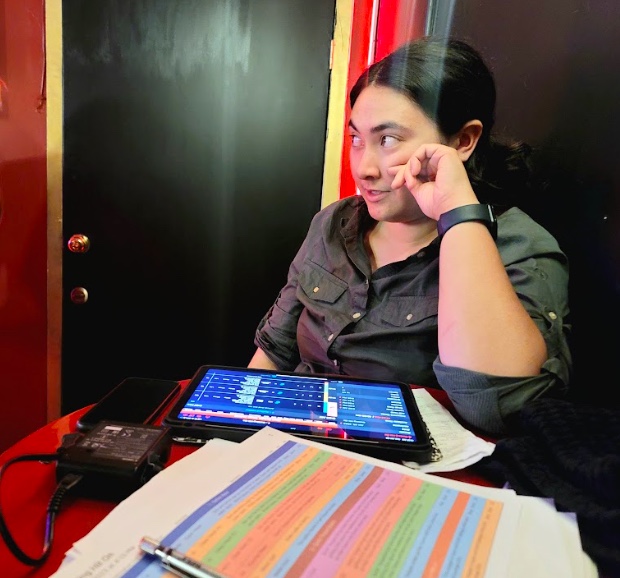
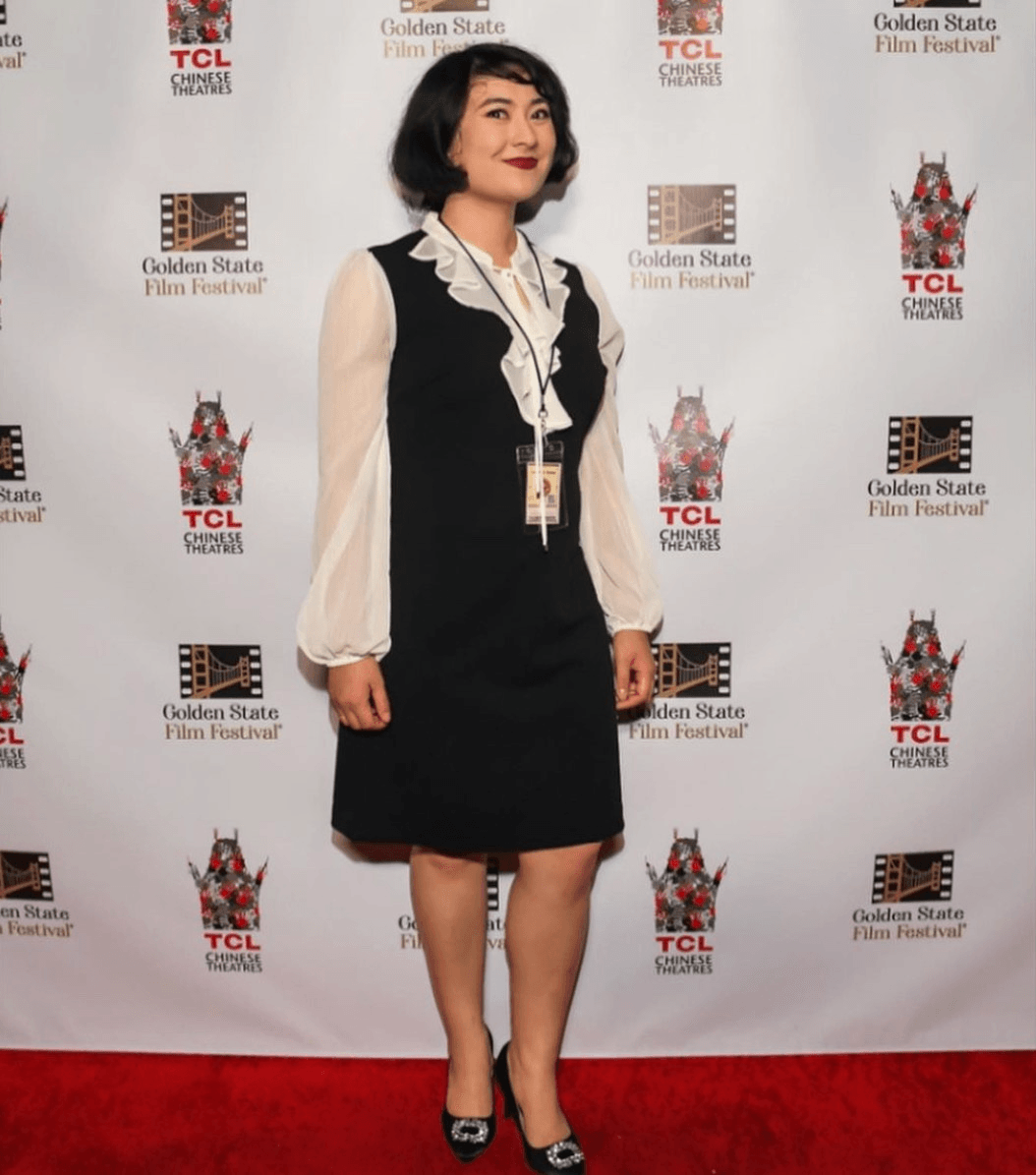
Learning and unlearning are both critical parts of growth – can you share a story of a time when you had to unlearn a lesson?
Throughout my time in school, I always considered myself to be a serious artist. The kind of person who was dedicated to perfecting my craft, no matter what the cost may be, and thought that I could only become legitimate if I proved (to the universe? To myself?) that I was willing to endure any amount of misery in order to make it happen. Part of this was due to being an emo teenager, and part of it was due to the fact that so much of our cultural understanding of art is built around the idea that creatives don’t get to be happy with their work or with themselves. The actual fact of the matter is that the saying, “beauty is pain” is mostly perpetuated by people who are trying to sell you more pain. My first few years in L.A., I spent so much time feeling anxious, insecure, depressed, and listless, all the while thinking, “well, at least all this suffering will turn into great art!” It did not. You can’t flagellate yourself into loving your own work, and making misery a cornerstone of your personality will only make you insufferable to be around. Don’t get me wrong, I’m not discounting the absolute horror of mental health struggles– mine or anyone else’s. At the same time, the only way out of a hole is up. In order to get to a point where I was actually functional enough to make art, I had to free myself from the notion that I was somehow helping myself succeed by staying sad– that’s a trap that’s all too easy to fall into. Just giving myself permission to state out loud, “I don’t have to hate myself, and I’m actually pretty okay with who I am and what I make” has done wonders in helping me move towards becoming the kind of person that I truly want to be. It’s not a magic cure for depression or anxiety– believe me, I know– but it helps that I’m no longer afraid of what lies ahead on the other side of misery. I may still be swimming, but at least I’ve lost the cinderblock that was keeping me underwater.
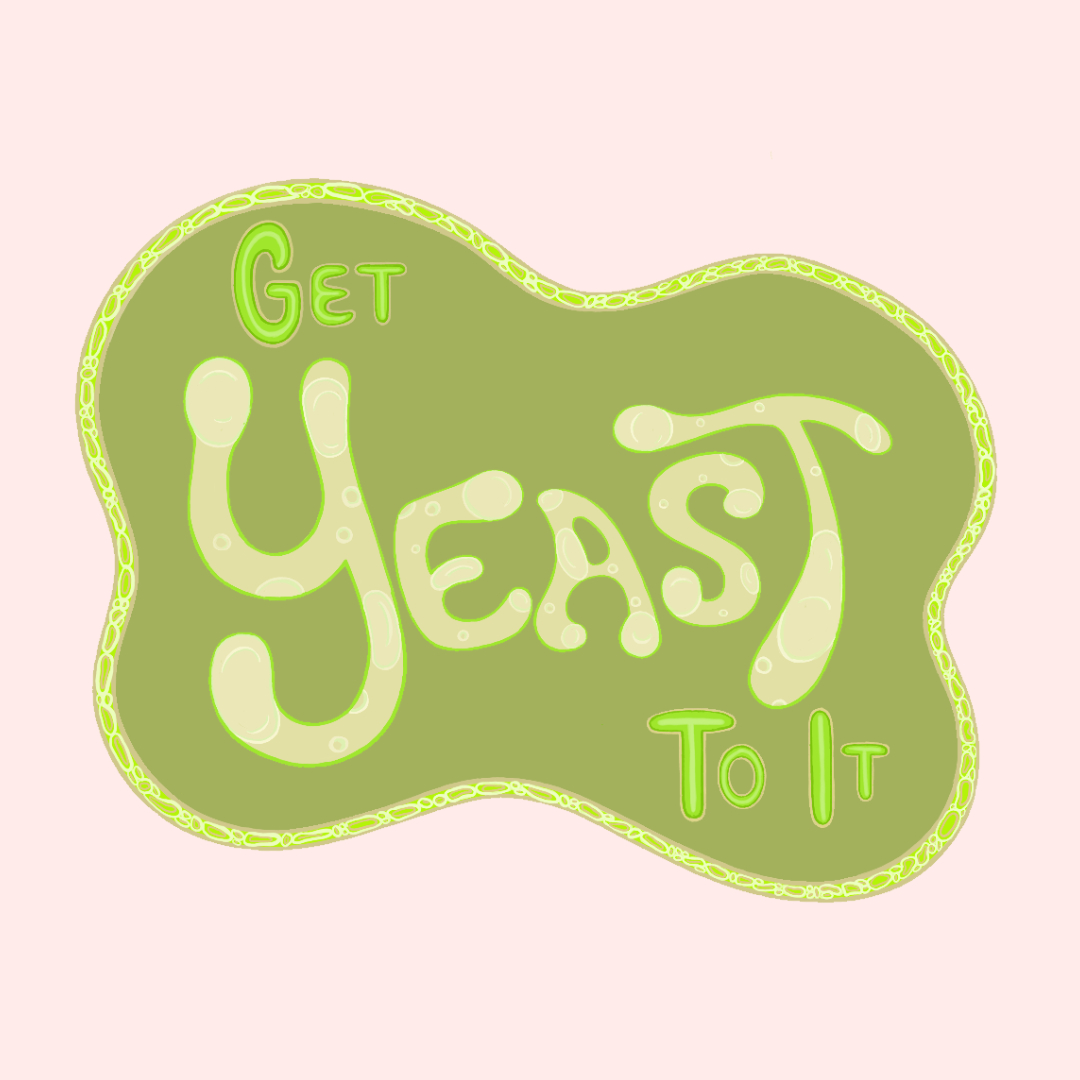
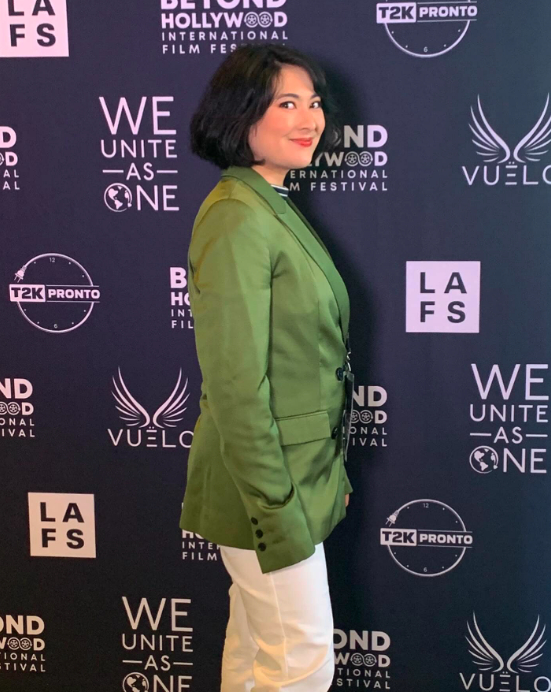
Is there something you think non-creatives will struggle to understand about your journey as a creative? Maybe you can provide some insight – you never know who might benefit from the enlightenment.
I think the worst question that I ever get as a creative is just, “why? Why do you do this?” It’s frustrating because I’ve never had an answer. Sure, I could wax poetic about the joys of creation or share some cop-out of a story about how I came to appreciate art, but none of it would constitute an actual reason. If I were to be authentic about it, all I’d be able to say is, “some people just have to make stuff.” Why did I go to college at age thirteen and end up studying theatre? Why didn’t I try to become a doctor? Why didn’t I set myself up on the most straightforward path to success, and instead take a much more difficult and precarious route to the top? Because, at the end of the day, the only thing that matters more to me than achievement is satisfaction. I could become the most accomplished person in the world, but none of it would feel real, none of it would feel fulfilling, if it hadn’t come from my own aspirations. Most professional artists don’t make art just because we want to. We make art because there’s this urge inside of us that can’t be sated in any other way. I’ve thought a lot about the different paths that I could have taken throughout my life so far, and wondered often whether I would have been happy if I had made those other decisions instead. All I can imagine is that I’d have this indescribable sense that something was missing, no matter how outwardly successful I became. Sometimes it sucks to have to structure your entire life around this nebulous internal need that feels so intensely compelling, but it’s also really, really awesome. Regardless of where I could have gone, I’m content in the knowledge that I’m exactly where I am supposed to be.
Contact Info:
- Website: https://cottoncandyflavormedia.com
- Instagram: @nellkeyes_ (https://www.instagram.com/nellkeyes_/)
- Twitter: @nellkeyes (https://x.com/nellkeyes)
- Other: Email: [email protected]
Company Email: [email protected]
